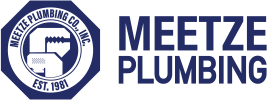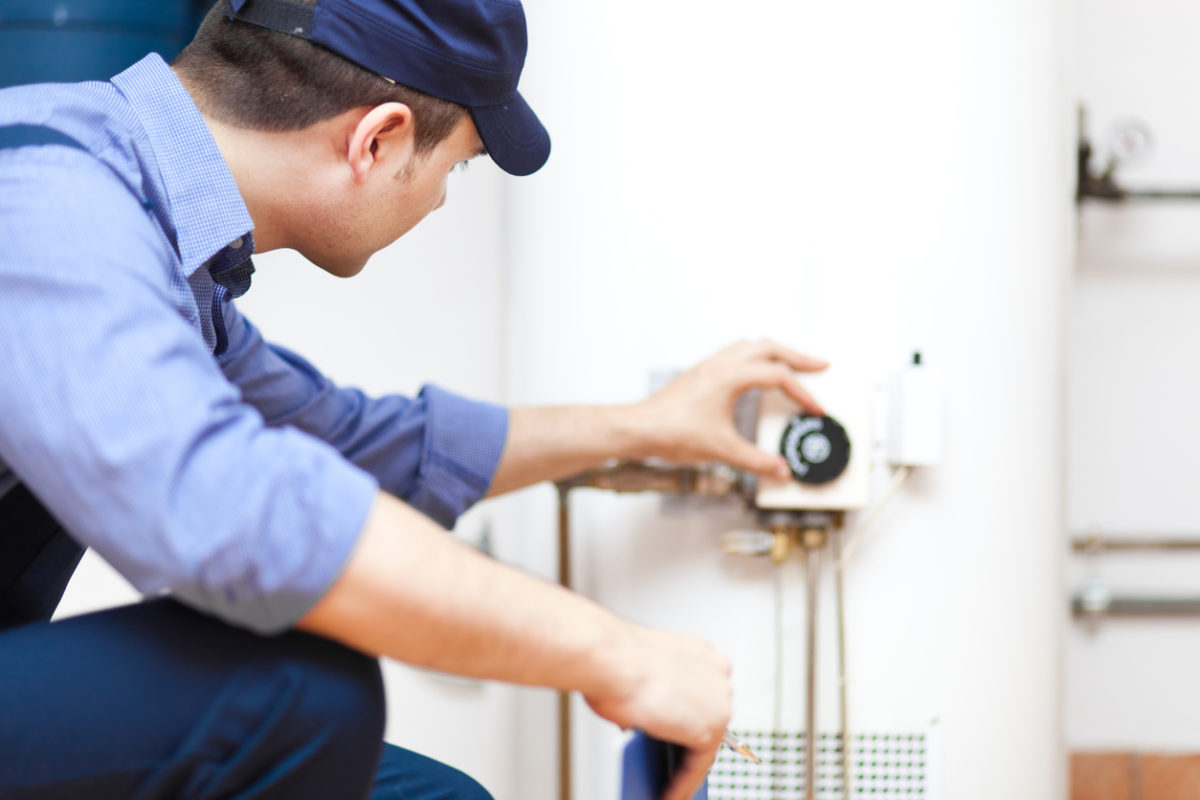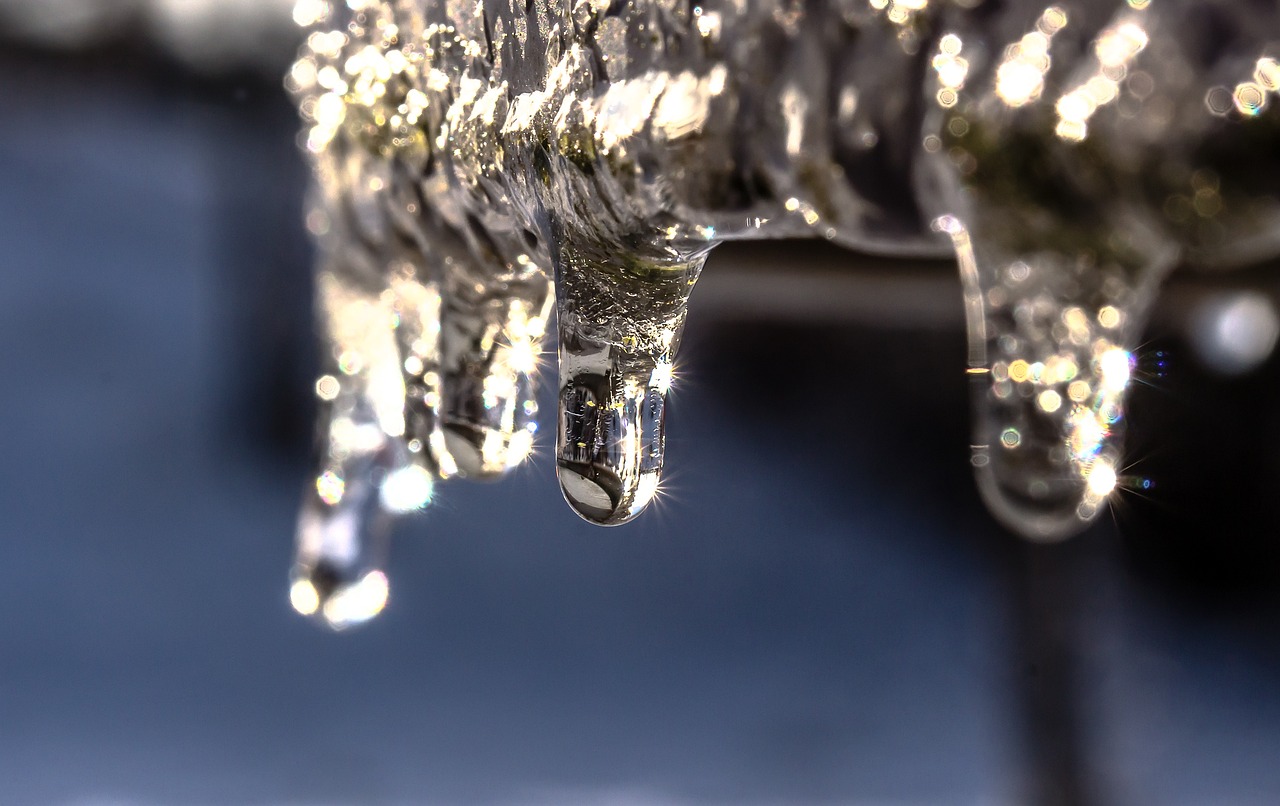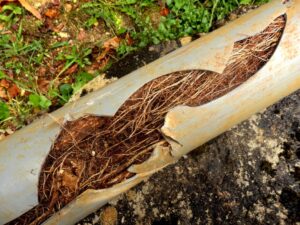Troubleshooting a Clogged Sewer Line
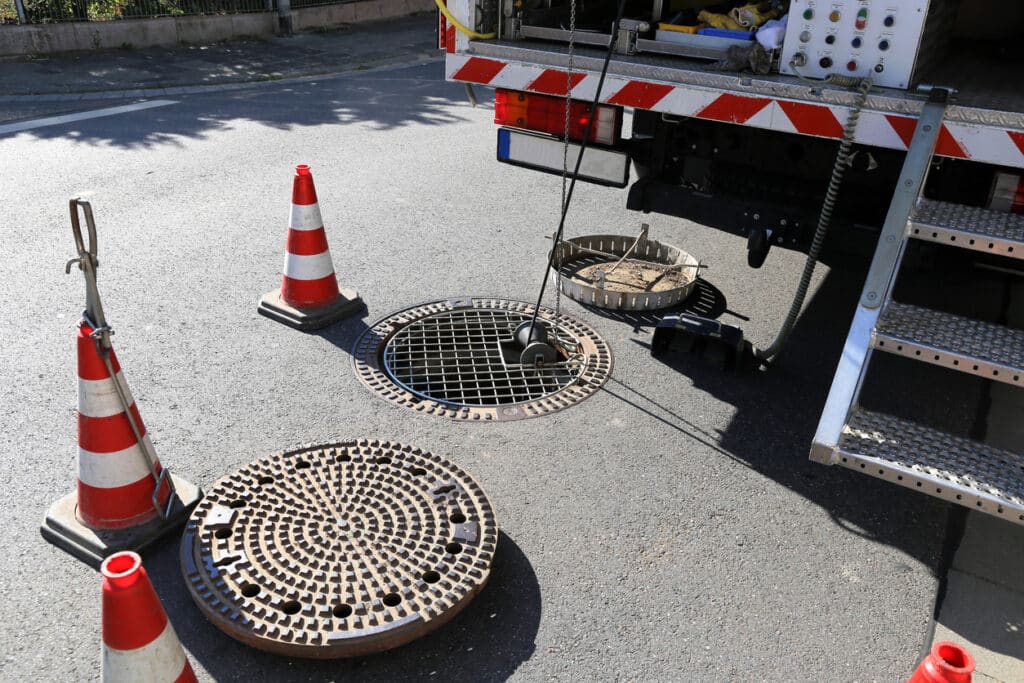
Clogged sewer lines aren’t an everyday occurrence, but they do require prompt attention when they form. Fortunately, the licensed and insured plumbers at Meetze Plumbing have the expertise and state-of-the-art technologies required to swiftly clear the sewer line clog and restore the flow of water through your sewer line.
The following are some of the most common signs of sewer clogs that every homeowner should know.
1. Multiple Backed-Up Drains
Shallow clogs typically affect only one toilet, sink, shower, etc. However, clogs that are deep within the sewer line can impact every drain in the house.
If multiple sinks, toilets, or other drains are backed up or experiencing slow drainage, it is likely that a sewer line clog is to blame.
2. Backed-Up Basement Floor Drain
Many homes built in the last 20 years have a floor drain in the basement. If the sewer line clogs, the water will back up into the drain to relieve the pressure.
3. Standing Water in the Sewer Cleanout
Most homes have a sewer cleanout. It’s usually a piece of PVC (or, in older homes, a metal pipe) that sticks slightly out of the ground near the outside of your home or somewhere within the landscaping. If you unscrew the cap and the cleanout is filled with sewage water, it’s a clear sign of a sewer clog.
4. Gurgling Sounds From Drains
Gurgling occurs when water or air have difficulty flowing through the drain. When this happens, it creates air bubbles in your drains. These air bubbles are what cause the gurgling sound you are hearing.
If you hear gurgling from your kitchen or bathroom drains when you run the dishwasher or washing machine or take a shower, your sewer line is likely clogged.
5. Frequent Plunging Required
It’s common to have to plunge a sink or a toilet periodically. However, if you have your plunger at the ready because it is happening all the time, then it’s a sign that the plunging isn’t removing the clog because it’s too deep for the plunger to be effective.
6. Noxious Odors From Drains
Foul odors should not escape your toilet, sink, shower drain, basement drain, or other drains throughout your home. If your drains and sewers are working effectively, they should be clearing all wastewater from your home.
So, if you are smelling foul odors, this may be an indication that your sewer line is blocked or damaged and wastewater can not flow away from your home properly.
7. Lush or Muddy Landscaping
If you notice thick growth or significantly soft and wet ground, it may be because of a broken sewer line that is leaching sewage into the yard. If your sprinkler system is in good condition, the yard is properly fertilized, and it hasn’t rained significantly, then you should schedule a sewer line inspection.
Clearing the Clog With Meetze Plumbing
DIY methods such as plumbing or a vinegar and baking soda solution can usually remove shallow clogs in your drains. However, they cannot remove clogs deep within your sewer line. They are also entirely ineffective at resolving tree root infiltration, sewer line breaks, and many other potential causes of the clog.
If you have tried these remedies and you still see, smell, or hear the signs of a sewer line clog, reach out to the licensed and insured plumbers at Meetze Plumbing.
We will insert state-of-the-art sewer line cameras to locate the clog and assess the condition of your pipes. We can then deploy augers, hydro jets, and other specialized tools to safely and effectively remove the clog and restore the flow of water through your pipes.
Call Meetze Plumbing at (803) 732-3747 to schedule sewer line inspections and clog removal services/
"*" indicates required fields
